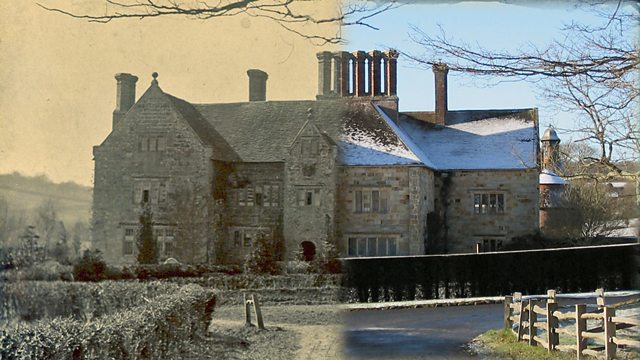Burwash, Sussex: Rudyard Kipling’s War
During WW1, Kipling's writing was driven by political discomfort and personal stress
Rudyard Kipling is one of the 20th Century’s foremost literary figures. He’s renowned for his poetry and children’s stories, but his writing during the Great War was driven by political discomfort and personal stress.
Kipling had predicted the war. He financed rifle clubs and spoke at recruiting meetings long before it began. When war broke out, the British public looked to him for commentary and he responded very memorably.
Kipling’s only son, John, for whom he had written his best-loved poem; If, was killed in action just six weeks after his 18th birthday.
The devastated father threw himself into his work, becoming a prominent member of the Commonwealth War Graves Commission. He offered simple epitaphs and verse to mark individual actions and events.
The war poetry Kipling wrote in his study at Bateman’s is an important reflection and of great historical record.
He may not have been on the frontline like Owen, Sassoon, Pound and others but his verse certainly was not written in comfort.
From his home at Bateman’s in East Sussex, Julie Etchingham tells the story of Rudyard Kipling’s war…
Location: Bateman’s, East Sussex TN19 7DS
Image shows Bateman’s then and now
Historic image courtesy of Fiona Hancock from the National Trust
Presented by Julie Etchingham
Duration:
This clip is from
Featured in...
![]()
Βι¶ΉΤΌΕΔ Sussex & Surrey—World War One At Βι¶ΉΤΌΕΔ
Places in Sussex & Surrey that tell a story of World War One
More clips from World War One At Βι¶ΉΤΌΕΔ
-
![]()
The loss of HMY Iolaire
Duration: 18:52
-
![]()
Scotland, Slamannan and the Argylls
Duration: 07:55
-
![]()
Scotland Museum of Edinburgh mourning dress
Duration: 06:17
-
![]()
Scotland Montrose 'GI Brides'
Duration: 06:41







